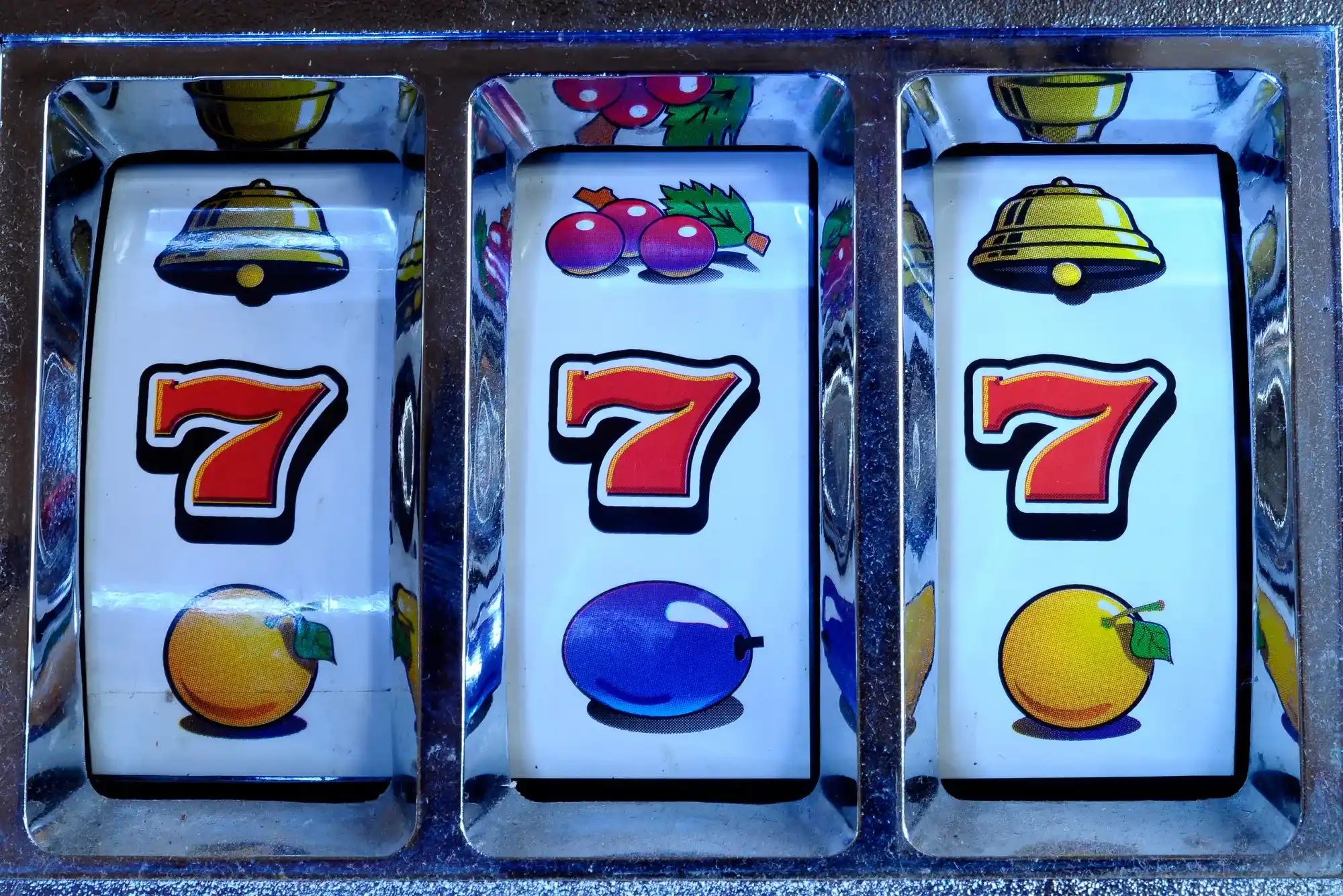If you’ve ever found yourself staring at an eye-popping jackpot on an online slot and wondering, “Wait, how is this prize getting so big, so fast?”—you’re not alone. One of the most exciting aspects of online gambling is the allure of progressive jackpots. But there’s often a lingering question: Are progressive jackpots shared between sites? The answer is both fascinating and important to understand if you’re gambling online, especially if you’re using no KYC crypto casinos, which are quickly becoming a significant part of the digital gambling ecosystem.
Let’s take a deeper look into how progressive jackpots work, how they’re shared (or not) across casino platforms, and what this means for players in the crypto gambling space.
What Are Progressive Jackpots?
A progressive jackpot is a prize pool that increases over time, usually every time someone makes a bet on the game without winning the jackpot. Unlike fixed jackpots that remain the same, progressive jackpots can reach staggering amounts—often millions of dollars or equivalent in cryptocurrency.
What makes them thrilling is their unpredictability and potential for life-changing wins. But this leads to a key detail: where is all this jackpot money coming from?
That’s where the concept of shared progressive jackpots enters the conversation.
Yes, Some Progressive Jackpots Are Shared Between Sites
To put it simply, yes, many progressive jackpots are shared across multiple online casinos. This is often referred to as a networked jackpot or pooled jackpot system. Instead of the jackpot being funded only by players on one site, it’s supported by contributions from players across a network of sites that offer the same game from the same provider.
Let’s say a player in Germany places a bet on a progressive jackpot slot powered by Microgaming at one online casino, while another player in Canada places a bet on the same game at a different casino. Both of their bets contribute to the same progressive jackpot pool, hosted and maintained by the software provider.
This shared structure allows jackpots to grow much faster than they would on a single site. That’s how we end up with headline-grabbing payouts from games like Mega Moolah, Divine Fortune, or Hall of Gods—all powered by software providers who operate global networks of casino partners.
Single-Site Progressive Jackpots Also Exist
It’s important to note that not all progressive jackpots are shared across sites. Some are standalone or local progressives, meaning the prize pool is only fueled by the players on that specific casino platform. These jackpots grow more slowly but may be won more frequently, as the pool doesn’t get as enormous.
Casino-exclusive games or proprietary titles often fall into this category. So, when playing on a no KYC crypto casino, the type of jackpot you’re seeing may depend on the casino’s relationship with game providers and whether it has access to networked jackpots.
How Game Providers Manage Shared Jackpots
In shared jackpot models, the software provider, not the casino, manages the jackpot. Providers like NetEnt, Microgaming, Playtech, and Yggdrasil run the backend systems that collect a small slice of every qualifying bet and funnel it into the central jackpot pool.
The providers also handle jackpot payouts. This is a critical point of trust and fairness because it means that even if the online casino is relatively new—or even a no KYC crypto casino—the payout will still be handled by the trusted game provider. This system allows for large winnings while minimizing the risk of default or fraud on the casino’s end.
Are Progressive Jackpots Fair and Transparent?
One concern that sometimes arises with massive jackpots is whether they are truly fair. Progressive jackpots in regulated markets are typically audited and run using random number generators (RNGs) to ensure fairness.
However, with the rise of crypto gambling and particularly no KYC crypto casinos, players often operate outside traditional regulation. The question then becomes, Can you trust the jackpots in these casinos?
The short answer is: It depends on the game provider. Reputable crypto casinos often still use the same top-tier providers found in regulated casinos, meaning the jackpots—shared or otherwise—are just as fair. But it’s essential to do your research and verify that the provider is a recognized and trusted name in the industry.
Where Do No KYC Crypto Casinos Fit In?
The crypto gambling scene has grown rapidly in recent years, and no KYC crypto casinos have become a major draw for players who prioritize privacy, speed, and ease of access. These casinos typically do not require identity verification, bank statements, or personal documentation—appealing to users who want to maintain anonymity and avoid delays in deposits or withdrawals.
So, how does this model affect progressive jackpots?
Firstly, most no KYC crypto casinos partner with the same major game providers that traditional online casinos use. That means they can also offer shared progressive jackpots, often in cryptocurrency rather than fiat.
For example, if a no KYC casino features Mega Moolah or another progressive slot by Microgaming, it will likely tap into the same global jackpot pool that traditional casinos do. The prize, if won, may be paid in Bitcoin or another crypto, but the networked jackpot structure still applies.
On the other hand, some crypto casinos host their own in-house games, with localized jackpot pools. These are not shared and tend to grow more slowly, but they offer a high degree of transparency, especially if they are provably fair, which is a system unique to blockchain gaming.
Benefits of Progressive Jackpots at No KYC Crypto Casinos
Combining progressive jackpots with no KYC crypto casinos offers a unique set of advantages:
Anonymity with big wins: Players can potentially win huge sums without needing to reveal their identity.
Faster payouts: Since no KYC is required, payouts can be processed in minutes, especially in cryptocurrency.
Access to global jackpot pools: Despite being outside traditional regulation, many of these platforms still offer access to international jackpot networks.
However, the downside is that these casinos often operate in legal grey zones and may not offer the same player protections as regulated sites. So again, trust in the game provider becomes crucial.
A Real-World Example
Let’s take a real-world scenario. Imagine you’re playing a slot like Mega Moolah at a well-known no KYC crypto casino. You hit the jackpot. That jackpot could be worth millions of dollars—but who pays you?
Not the casino directly. The jackpot pool is maintained by Microgaming. They verify the win and release the funds, usually to the casino first, which then passes it on to you. In most cases, the game provider has enough liquidity and infrastructure to handle such a payout without issue.
The casino’s no-KYC status doesn’t hinder the jackpot payout process, as long as the backend systems and software are legitimate. This setup allows crypto users to enjoy massive prize potential while keeping their identity private—a combination that’s increasingly attractive to modern online gamblers.
Final Thoughts
So, are progressive jackpots shared between sites? Absolutely—at least when they’re powered by major software providers and hosted as part of a broader network. These shared jackpots are what allow prize pools to grow into the millions and offer global players the chance at life-changing wins.
When it comes to no KYC crypto casinos, the picture is a bit more nuanced. Many of these platforms still partner with providers offering networked progressive jackpots, while others may host their own standalone versions. The key is understanding which model you’re playing with, and who ultimately manages the jackpot funds.
In either case, it’s entirely possible to enjoy the thrill of progressive jackpots while maintaining your privacy, as long as you choose your platform and games wisely. The fusion of blockchain transparency and progressive jackpot excitement might just be the future of online gambling.
And who knows? The next jackpot winner—anonymous, instant, and paid in crypto—could be you.








